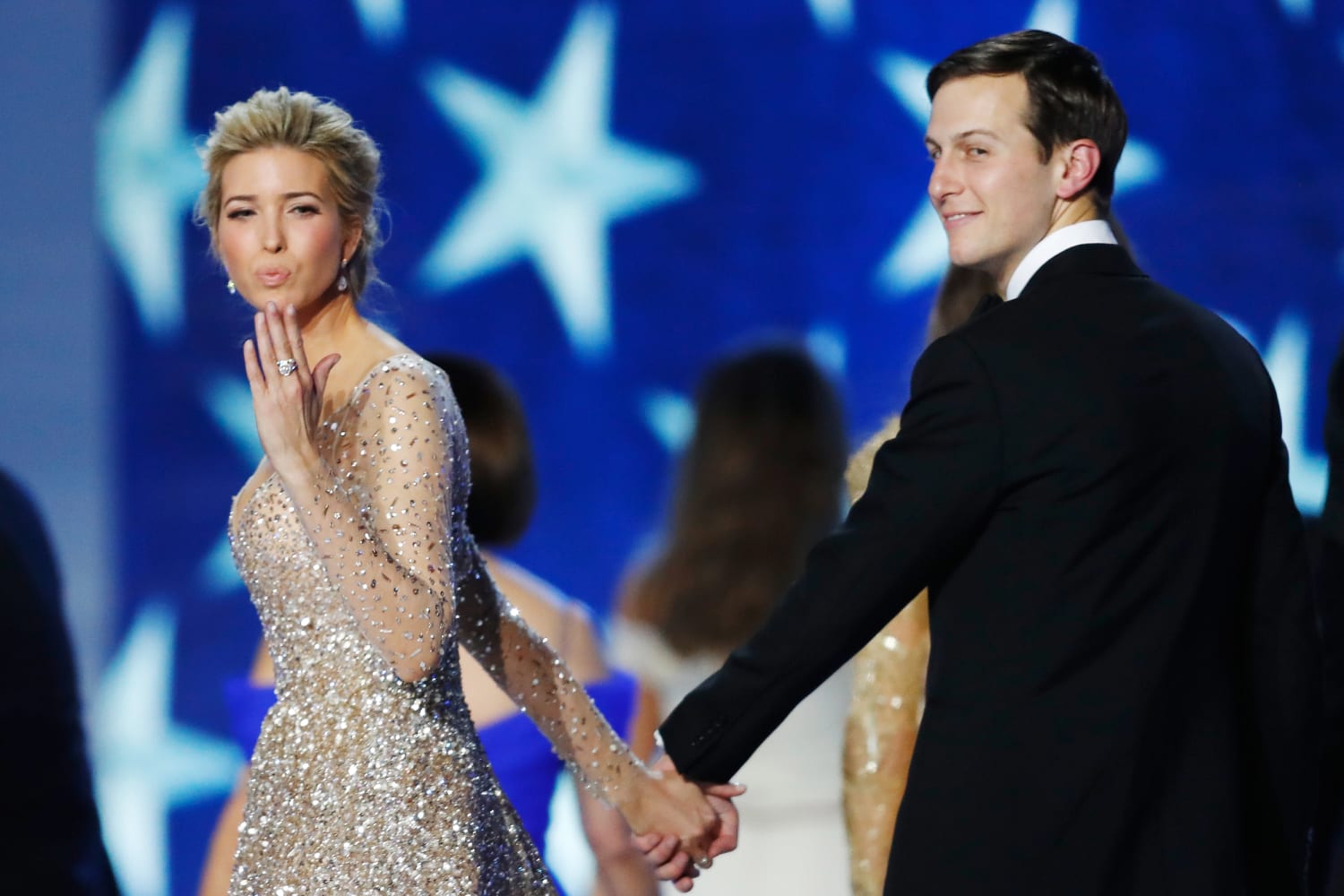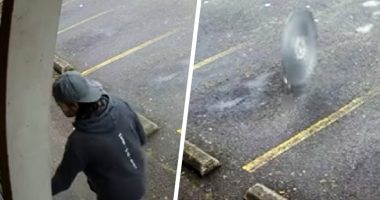First things first: Jared Kushner and Ivanka Trump should never have been allowed to work in the White House. Anti-nepotism rules exist for a reason, namely so that unqualified relatives of the president are not given jobs in the most important office in the world.
Kushner, the son of a now-pardoned felon and real estate magnate, came to the White House from his previous position as an executive in the family business, often playing the role of slumlord. Yet, he was tasked with solving everything from the opioid crisis to modernizing the federal government to criminal justice reform to Middle East peace to the coronavirus pandemic. He solved almost nothing, but he did reportedly help secure a pardon for his father.
First things first: Jared Kushner and Ivanka Trump should never have been allowed to work in the White House.
While we still don’t know exactly what Trump did in the White House, she always seemed to find herself in a room of power. Often, scandal followed.
Yet, it was so important that these two serve in the administration that the Department of Justice dismissed its anti-nepotism guidelines and decades of precedent to let them work. They left their businesses behind, they said, divested from any potential conflicts of interest and refused to take a salary because they were not in Washington, D.C., for their own benefit.
Or were they? A new analysis of their financial filings shows the couple disclosed up to $640 million in outside income while working in the White House. At the same time, the couple failed to entirely divest from their businesses. Put together, our analysis suggests that as former President Donald Trump’s daughter and son-in-law decamped from the White House in January, they left a trail of ethical breaches in their wake.
To be clear, there’s still a lot we don’t know about Kushner and Trump’s finances due to the way the Office of Government Ethics’ disclosures are set up, from wide income ranges and opaque holding companies. But what we do know gives us pause.
When he first joined the administration, Kushner failed to disclose his ownership of a real estate investment startup called Cadre. He eventually admitted to having a major ownership stake worth between $5 million and $25 million. Cadre benefits from the “opportunity zones” program championed by none other than Ivanka Trump. If that sounds illegal to you, that’s because it very well could be. And despite being told at one point by ethics officials that he should sell his share in Cadre, Kushner never did. By the time he left the White House, his Cadre stake was worth between $25 million and $50 million.
Cadre was a domestic company, but other ethical concerns stem from the couple’s overseas entanglements. Much has been made about foreign governments trying to curry favor with then-President Donald Trump by staying at his hotel a couple blocks from the White House. According to her financial disclosures, Ivanka Trump has made around $13 million from her ownership stake in that hotel since 2017. But she also did business in foreign countries. After much criticism, she “shut down” her fashion brand but continued to get dozens of trademarks in foreign countries like China, Japan and Canada, which will allow her to pick it back up again if she wants to. Interestingly, she still somehow managed to make up to $1 million in 2019 from a brand she claimed ceased business operations.
Outside of maybe Kellyanne Conway, you’d be hard pressed to find someone with such a blatant disregard for White House ethics rules as Ivanka Trump. (Conway, of course, told Americans from the White House briefing room to buy Ivanka Trump-branded products.)
Here’s why all of this matters: Kushner and Trump met with world leaders. Often. Sometimes, as in the case of Japan, these meetings happened around the same time Trump’s business was requesting or received trademark approvals. We know that through the family real estate business and her own fashion line, which was manufactured overseas, Trump has significant foreign business ties. And when Kushner would communicate with foreign leaders, he sometimes did so off government servers using encrypted apps, meaning we have no idea if the business ever came up. That’s a potential national security risk.
Because we’ve never seen their tax returns, we only know what they’ve disclosed, and those disclosures list the values of nebulous LLCs — they don’t say where their money is coming from. We know they did a lot of business overseas, but there’s very little knowledge of whose money flowed where.
The four years that led up to that final spasm of chaos were defined by a steady drip of malfeasance, corruption and misdirection.
It seems that potential conflicts of interests also may have included extended family members. Only a few months into the administration, Kushner’s sister was pitching Chinese investors on the Kushner Companies’ ties to him as well as a program that would help them get visas by investing in the family business. How many more things like that exist that we simply don’t know about?
Donald Trump’s presidency will forever be associated with the violent Capitol riot that marked its final days. But the four years that led up to that final spasm of chaos were defined by a steady drip of malfeasance, corruption and misdirection. The nepotism that put Kushner and Ivanka Trump in the White House is part of that corruption. But once installed, the two seem to have quickly went to work exploiting America’s current ethics laws. Who needs a salary when you can earn millions in real estate and branding deals?
Apparently accountable to no one, Kushner and Trump acted as if the normal rules did not apply to them — because, in fact, they didn’t. If there was ever a reason for Congress to pass stronger anti-nepotism laws, Kushner and Trump are it.
Source: | This article originally belongs to Nbcnews.com











